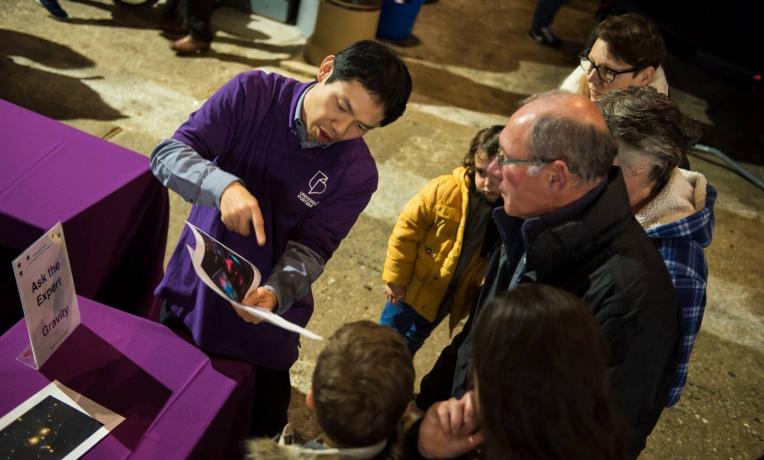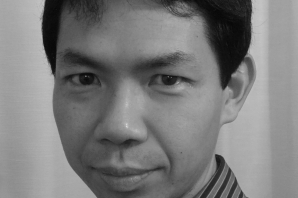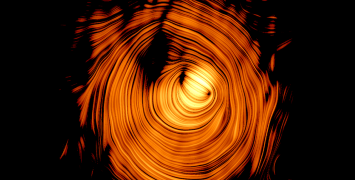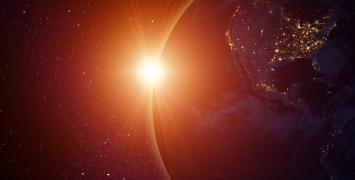Challenging Einstein’s theory about gravity in deep space
ERC grantee Dr Kazuya Koyama, originally from Japan, tests gravity, specifically whether Albert Einstein’s general theory of relativity can be applied beyond our solar system. At present general relativity works in our galaxy but is less convincing at the far borders of our universe which is rapidly expanding and needs weird energy to explain this. Dr Koyama is hoping that observations in deep space will show that the theory can be modified to work on a larger scale so that this strange 'dark energy' is not needed – removing one of cosmology's biggest mysteries.
On the occasion of the signing of a new agreement with the Japanese Science and Technology Agency to encourage top Japanese researchers to temporarily join ERC-funded teams in Europe, the ERC interviewed Dr Kazuya Koyama about his international career and how he believes this helps strengthen scientific partnerships between researchers in Europe and Japan.

What motivated you to carry out your research in Europe?
Many important papers in my field were coming from Europe. During a visit to the University of Portsmouth I met researchers with similar interests and decided to use a postdoctoral fellowship from the Japan Society for the Promotion of Science to join a team there for a year. This gave me the opportunity to base my research in Europe. Once in the UK I was able to benefit from applying to longer research fellowships compared to those on offer in Japan as well as to the ERC.
What made you decide to apply for an ERC grant?
The ERC starting grant provided a unique opportunity for me to create my own small team for the first time and broaden my research by working with other postdoctoral researchers. This was a turning point in my career as I was able to move from working on theoretical models to observational testing. Following this, I applied for an ERC consolidator grant which allowed me to keep my team together.
What it is like to carry out research within an international environment?
I have a truly international team collaborating at the highest level. My ERC team members come from Mexico, Switzerland, Poland, Italy, Turkey, China and Norway and the grant allows me to welcome visitors from all over the world. It is a privilege to work with esteemed international researchers and learn about other cultures. Many interesting ideas emerge from spontaneous exchanges.
Do you and the Japanese scientific community benefit from international collaboration such as this?
Research communities in different countries have slightly diverse interests. Maintaining a close relationship with Japanese researchers helps keep me informed about new ideas and the research focus in Japan which I then share with the UK research community. I also attend workshops in Japan to present my observational research which is beneficial for Japanese researchers. Knowing about Japanese interests also helps broaden my knowledge in a synergistic way.
Would you say being in Europe helps build useful long-term links with colleagues in your field globally?
It is definitely easier to build useful long-term international links while based in Europe. I now benefit from personal links with researchers worldwide and more recently in China where a former ERC team member has relocated. I think it is positive that Europe is strengthening its links with East Asian countries as there are many benefits to boosting scientific cooperation between these countries.
Would you encourage Japanese researchers to consider joining ERC teams in Europe and applying for an ERC grant?
There are many strong scientific communities in Europe. In my field, there is a large and lively research community. I would strongly encourage Japanese researchers to consider joining ERC teams in Europe through the Japanese Science and Technology Agency and the Japan Society for the Promotion of Science as these can then lead to other funding opportunities in Europe and to applying to the ERC. An ERC grant is very prestigious and offers a unique opportunity for career progression due to generous funding, the chance to create your own team as well as benefit from building an international network.
Biography
Professor of Cosmology at the University of Portsmouth. His research interests lie in theoretical cosmology, particularly the origin of structure in our Universe and the late time acceleration of the Universe. He was awarded a PhD from Kyoto University. After moving to Europe, he received an ERC Starting Grant (2008-2013) and is currently supported by an ERC Consolidator Grant (2015-2020).
Further links:
Dr Kazuya Koyama in a recent EU Horizon Magazine






